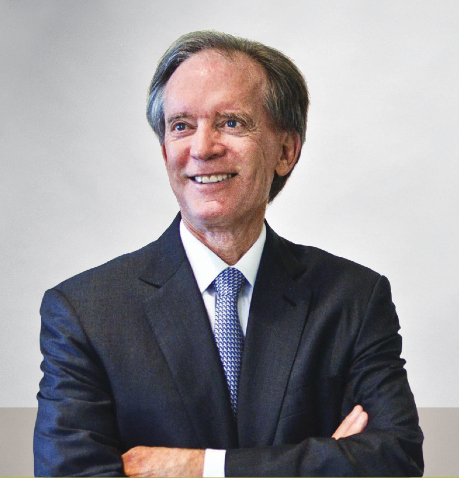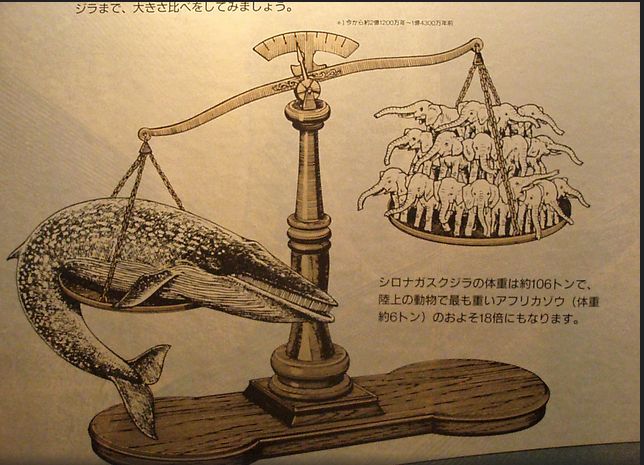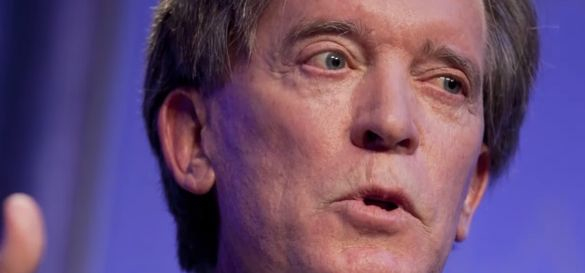The BoJ’s surprise move to take interest rates into negative territory this month helps Bill Gross continue its case against ultra-low interest rates policies. “How’s it workin’ for ya?” He writes in reference to central bankers.
The US Federal Reserve, the European Central Bank and the Bank of Japan, “they all seem to believe that there is an interest rate SO LOW that resultant financial market wealth will ultimately spill over into the real economy. I have long argued against that logic and won’t reiterate the negative aspects of low yields and financial repression in this Outlook. What I will commonsensically ask is ‘How successful have they been so far?’… The fact is that global markets and individual economies are increasingly ‘addled’ and distorted,” says the former Bond King at PIMCO and now part of Janus Capital Group.
In its February’s outlook, Gross lists the main distortions of recent monetary policy:
- Venezuela – bankruptcy just around the corner due to low oil prices and policy mismanagement. Current oil prices are (in significant part) a function of low interest rate central bank policies over the past 7 years.
- Puerto Rico – default underway due to overspending, the overpromising of retirement benefits, and the inability to earn adequate investment returns due to ultra-low global interest rates.
- Brazil – in deep recession due to commodity prices, government scandal and in this case, exorbitantly high real interest rates to combat the effect of low global interest rates, and currency depreciation of the REAL. No country over time can issue debt at 6-7% real interest rates with negative growth. It is a death sentence. In the interim, the monetary authorities deceptively issue, then roll over more than a $100 billion of “currency swaps” instead of selling dollar reserves in an effort to hoodwink the world that there are $300 billion of reserves to back up their sinking credit. This maneuver effectively costs the government 2% of GDP per year, leading to the current 9% fiscal deficit.
- Japan – 260% government debt/GDP and climbing sort of says it all, but there’s a twist. Since the fiscal (Abe) and the monetary (Kuroda) authorities are basically one and the same, in some future year the debt will likely be “forgiven” via conversion to 0% 50-year bonds that effectively never come due. Japan will not technically default but neither will private investors be incented to make a bet on the world’s largest aging demographic petri dish. I’m tempted to say that “Where Japan goes – so go we all”, but I won’t – it’s too depressing.
- Euroland – “Whatever it takes”, “no limit”, what new catchphrases can Draghi come up with next time? It’s not that there’s a sufficient recession ahead, it’s just that the German yield curve is in negative territory all the way out to 7 years, and the shaky peripherals are not far behind. Who will invest in these markets once the ECB hits an effective negative limit that might be marked by the withdrawal of 0% yielding cash from the banking system?
- China – Ah, the dragon’s mysteries are slowly surfacing. Total debt/GDP as high as 300%; under the table capital controls; the loss of $1 trillion in reserves to support an overvalued currency; a distorted economic model relying on empty airports, Potemkin village housing, and investment to GDP of 50%, which somehow never seems to transition to a consumer led future. Increasingly, increasingly addled.
- U.S. – Well now, the U.S. is impervious to all this, is it not? An 85% internally generated growth model that relies on consumption which in turn, relies on job growth and higher wages, all of which seems to keep on keepin’ on. Somehow, though, even the Fed seems to have doubts, as in last week’s summary statement, where for the first time in 15 years they were unable to assess the “balance of risks”. “We need some time here to understand what is going on”, says Kaplan from the Dallas Fed. Shades of 2007. The household sector has delevered, but the corporate sector never did, and with Investment Grade and High Yield yields 200-1000 basis points higher now, what does that say about future rollover, corporate profits and solvency in many commodity-sensitive areas?
“Our finance-based global economy is transitioning due to the impotence of monetary policy which has always, and is now increasingly focused on the elixir of low/negative interest rates. Don’t go near any modern day Delos Romans; don’t go near high risk markets, stay safe and plain vanilla. It’s not predetermined or guaranteed, but a more prosperous outcome should be somewhere around the corner if you do.” He concludes.


 By Fórmate a Fondo
By Fórmate a Fondo